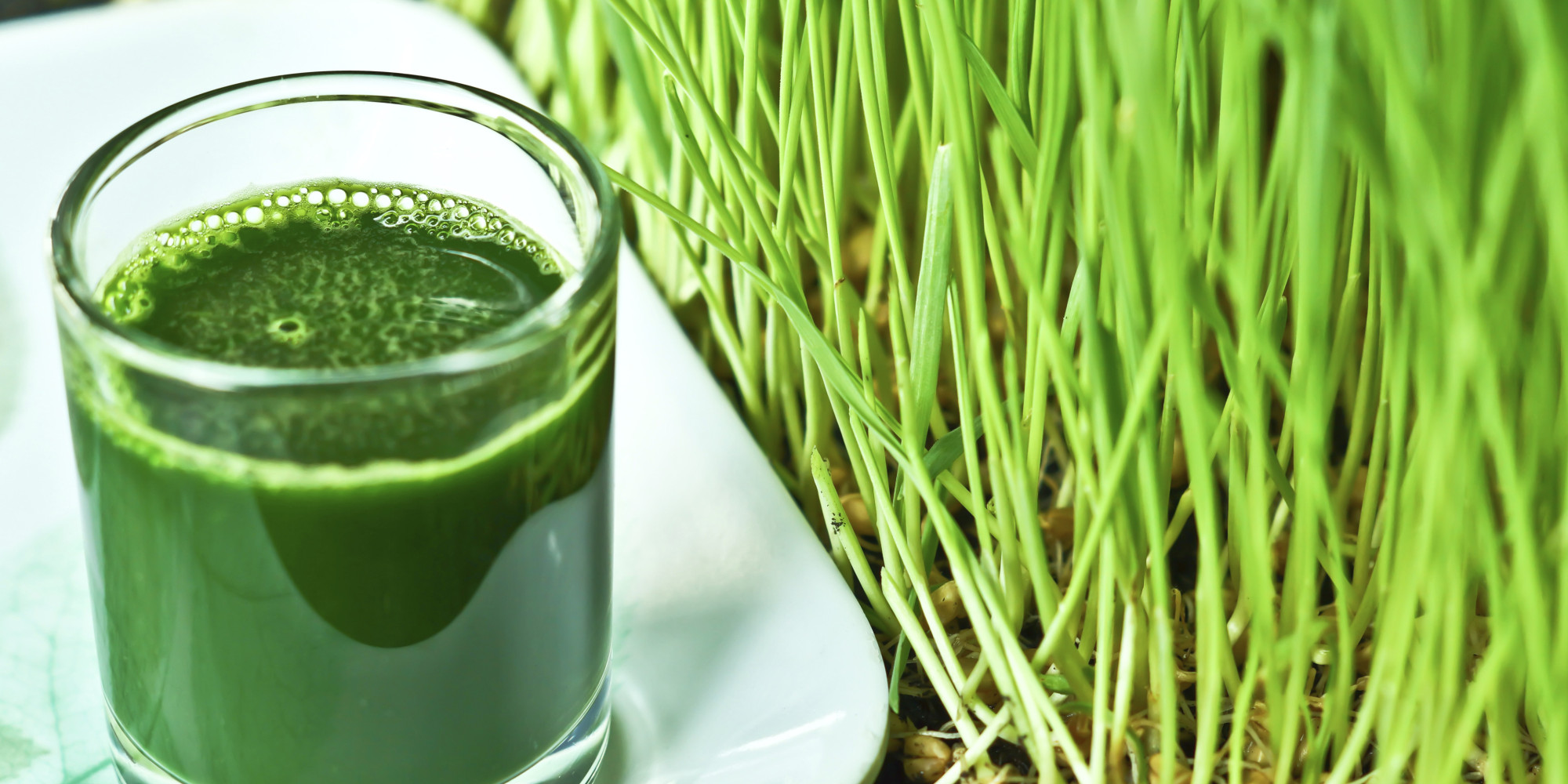The Superfood Grass: Wheatgrass
2017 Oct 3rd - by
It is widely known that we need to eat an ample amount of fruits and vegetables everyday for optimum health and functioning.
Given that, it isn’t always as easy to consume our daily amount of fruits and vegetables. Hence we incorporate supplements into our diets.
But there are some foods called “superfoods” that provide larger doses of nutritional benefits to our diets. One of these superfoods is Wheatgrass. Some experts claim that wheatgrass contains over 100 different elements needed by man.
Also found in Ergogenics Organic Whole Greens and Plantbased Protein +Greens, this edible grass is either juiced into a “wheatgrass shot,” or a fine green powder that has a ton of nutritional benefits. Here are some:
1. Chlorophyll for blood strengthening and detox.
Found in high doses in wheatgrass, chlorophyll is used in the human body for a number of important processes. It’s a natural liver cleanser and detoxifier and acts like an antioxidant to reduce free radical damage. Some other benefits are of consuming wheatgrass are also- blood strengthening and energy boosting.
2. Amino acids for daily functioning.
Amino acids are enzymes needed for digestion, and provide many vitamins and minerals that are needed for disease-free living.
3. Increased iron intake.
Wheatgrass is a natural source of iron and helps in increasing the daily intake of iron. It can also help in treating anemia .
4. Magnesium for blood pressure and stress control.
Wheatgrass juice is great for constipation and keeping the bowels open because it is high in magnesium .
Wheatgrass is also great for reducing blood pressure in hypertensive and pre-hypertensive people. The magnesium content in wheatgrass can also help reduce stress hormones, that have been related to causing anxiety according to some studies.
5. Vitamins A, B-complex, C, E, I and K for healing.
Wheatgrass juice is known to be an effective healer as it contains all minerals known to man, and vitamins A, B-complex, C, E, l and K.
Science has proven that chlorophyll stops the growth and development of unfriendly bacteria; and can be used inside and outside the body as an effective natural healer-itching and burning of the rectum; ivy poisoning; eczema, reactions caused by insect bites or infection as well as detoxifying the body from heavy metals.
Scientists have never found wheatgrass to be toxic in any amount when given to either animals or humans; and is generally considered safe with little to no risk of causing any side effects for most people.
However, in rare cases some people have experienced adverse reactions, including immediate allergic reactions such as digestive discomfort, nausea, headaches, hives or swelling of the throat.
If you have a known allergy to other grasses, wheat or ingredients commonly found in supplements, make sure to check with your doctor before using wheatgrass.

